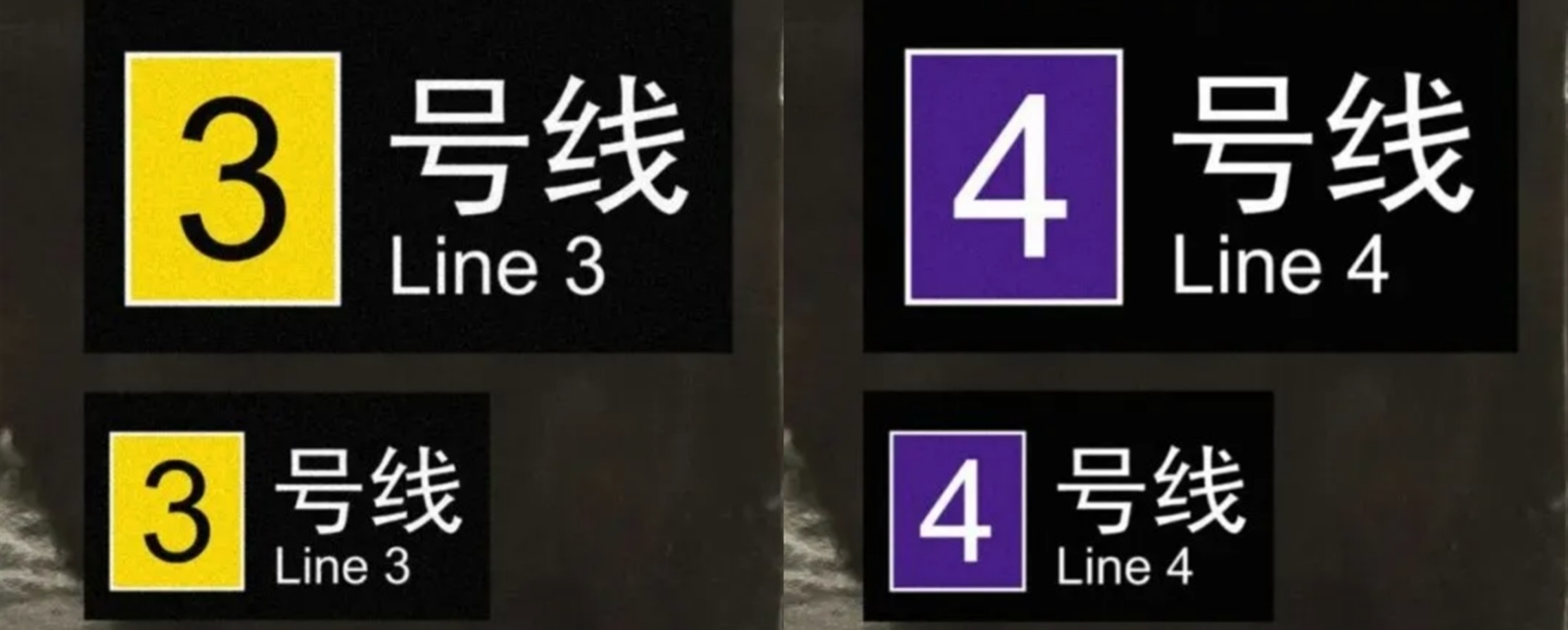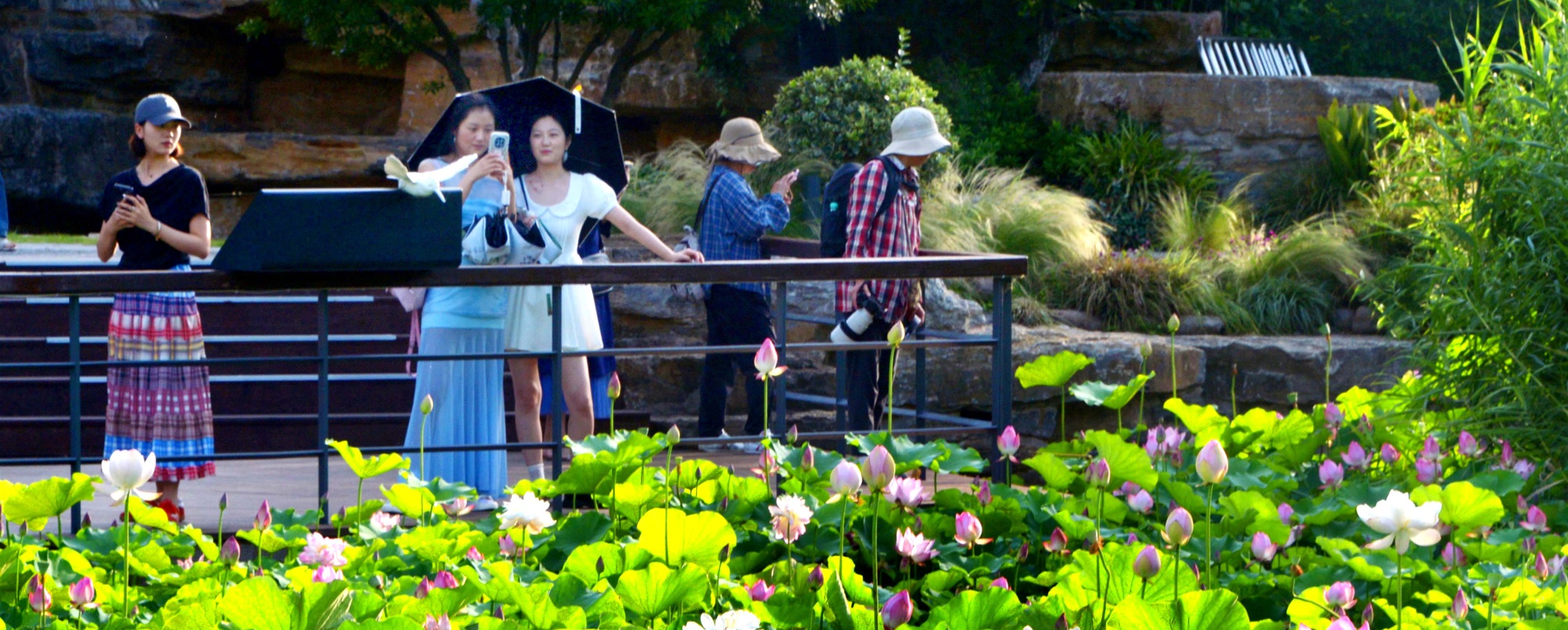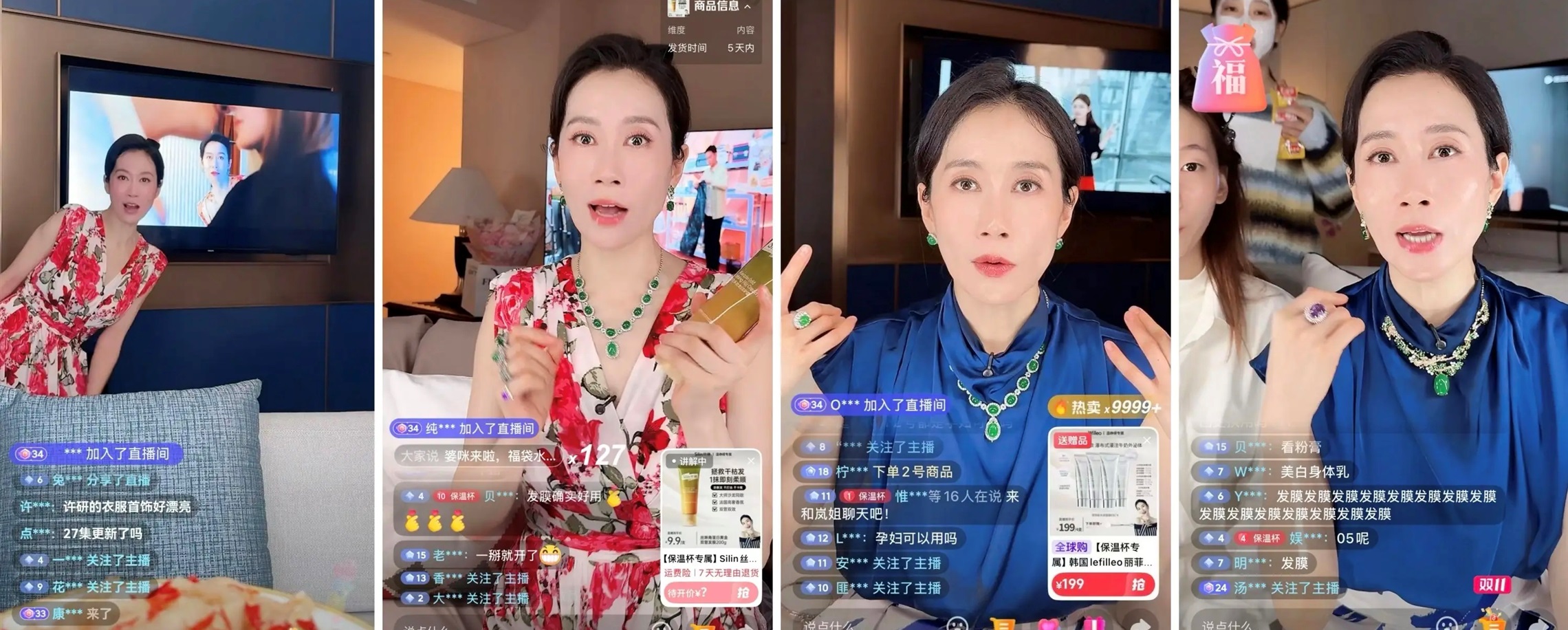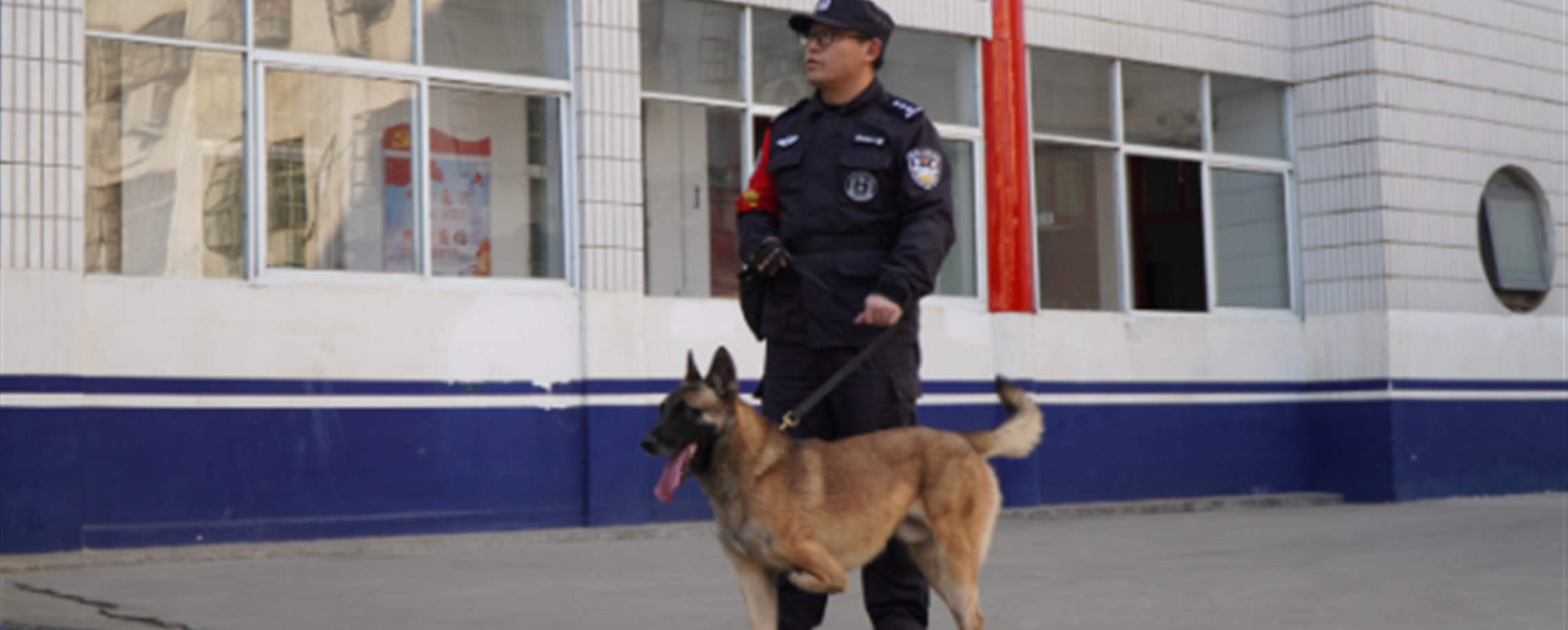Deepfakes Are Turning Celebrity Images into Scams; It's Time to Fight Back
If you happen to see a celebrity or any other famous figure livestreaming a product, beware. Don't fall for AI deepfakes.
On November 6, China Central Television reported that a well-known actress had recently found herself promoting cosmetics in multiple streaming rooms simultaneously.
Wen Zhengrong, born in the 1970s, was taken aback by the AI scams and decided to confront one of her deepfakes.
"If you were Wen Zhengrong, who am I?" she asked a deepfake of herself in a streaming room around 3am or 4am one day.
"No sooner had I posed the question in the streaming room than I was blacklisted," she recalled.
Wen and her team once reported approximately 50 deepfake cases involving her "usurped" image in just one day. Many of these were promptly removed, but they made a quick comeback in new forms.
Wen alerted the public about her deepfakes back in April. In May, one of her fans reported 18 AI scams involving her misappropriated image in a single day, acknowledging that new scams continued to emerge.
On November 7, the Xinhua news agency republished a commentary from The Beijing News, emphasizing that actress Wen cannot combat her deepfakes alone and that various e-commerce platforms must improve their supervisory effectiveness.
CCTV noted in the November 6 report that China implemented a regulation in September requiring AI-generated content, such as images and videos, to be clearly labeled. Yet, it raises the question of why some platforms have failed to timely identify these AI scams.
The Beijing News' commentary suggests that e-commerce platforms improve themselves to be responsible supervisors. It also urged government watchdogs to promptly and effectively address unlawful activities.
I believe that anyone exploiting deepfakes for illegal profits should face substantial fines. CCTV highlighted in the report that, in most cases of unauthorized AI use of images, compensation amounts were typically below 10,000 yuan (US$1,404) – significantly less than the illegal earnings the offenders made.
Beijing has set a positive precedent by imposing hefty fines.
On October 16, CCTV reported that Beijing's market watchdogs thoroughly investigated a false advertising case involving the unauthorized use of an AI-generated image of a prominent anchorwoman. The following day, the China Food and Drug Administration Magazine reported that the company involved had been fined 200,000 yuan.
If we adopt a stricter approach to all instances of AI deepfake fraud in the future, actress Wen will not be a solitary fighter, nor will any other victim of AI scams.
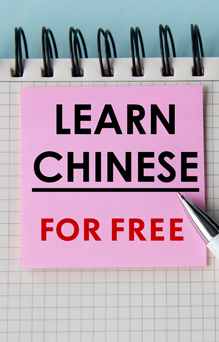



In Case You Missed It...


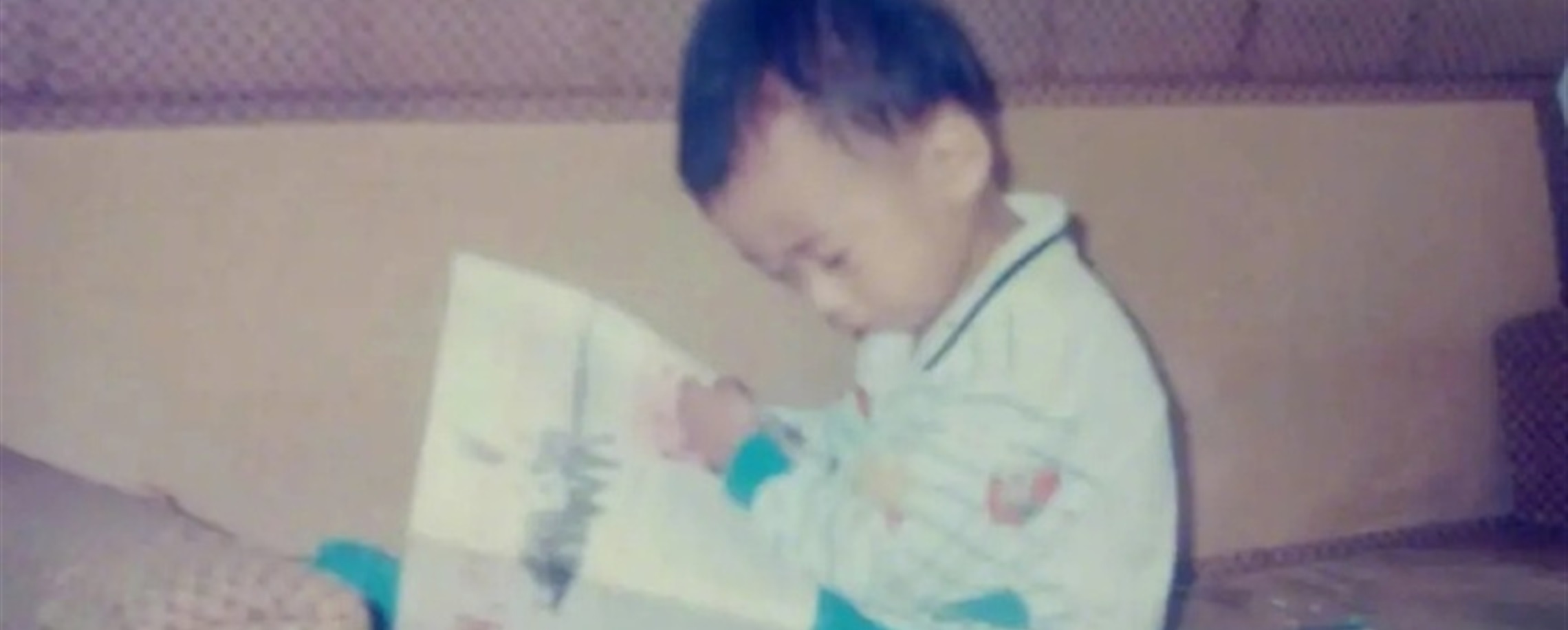
![[First in Shanghai] Global Innovators Showcase Their Latest Products at the 8th CIIE](https://obj.shine.cn/files/2025/11/10/dab8f8ae-f47f-4904-9982-b30c84c32bd1_0.jpg)

